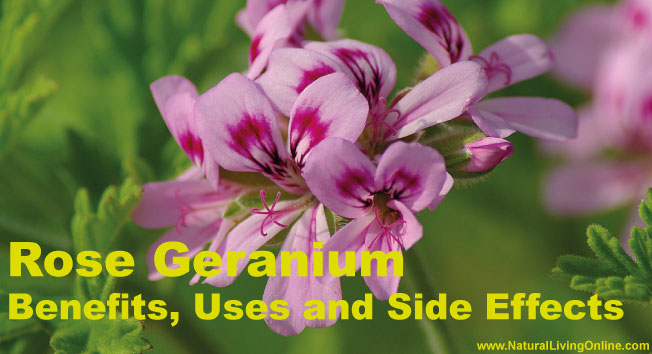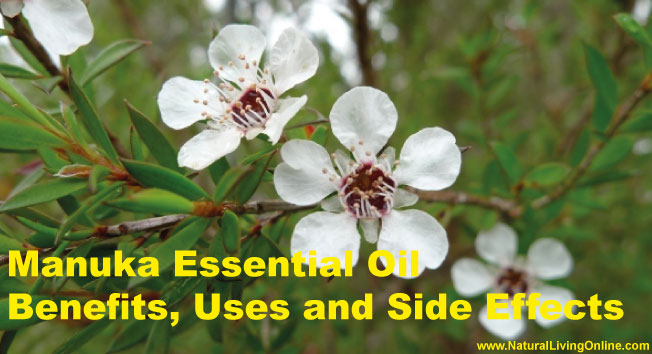Rosehip essential oil has a variety of benefits, including reducing inflammation and fighting free radicals. It can also help improve your skin health, circulation and more. But before you start using rosehip oil, it’s important to understand the potential side effects. In this blog post, we’ll discuss the benefits of rosehip oil, as well as the possible side effects you should be aware of.
What is Rosehip?
Rosehip is a fruit that grows on rose bushes. The oil is extracted from the fruit’s seeds and has been used for centuries for its medicinal properties. There are two main types of rosehip oil: cold-pressed and solvent-extracted. Cold-pressed rosehip oil is considered to be the highest quality because it retains more of the fruit’s nutrients and antioxidants. This type of oil is also more expensive than solvent-extracted oil.
How many different types of Rosehip essential oils are there?
There are two main types of rosehip essential oils: cold-pressed and solvent-extracted. Cold-pressed rosehip oil is considered to be the highest quality because it retains more of the fruit’s nutrients and antioxidants. This type of oil is also more expensive than solvent-extracted oil.
How Rosehip essential oil is made?
Rosehip essential oil is made by extracting the oil from the fruit’s seeds. The seeds are first crushed and then placed in a solvent, such as hexane or ethanol. The mixture is then heated and the resulting liquid is evaporated to leave behind the rosehip oil.
What is the botanical name of Rosehip?
The botanical name for rosehip is Rosa canina.
What is the chemical composition of Rosehip essential oil?
The main compounds in rosehip essential oil are linoleic acid, oleic acid, palmitic acid and trans-retinoic acid.
What are the benefits of using Rosehip essential oil?
Rosehip oil has been used for centuries in traditional medicine, and recent studies have shown that it can be effective in treating a variety of skin conditions. Rosehip oil is rich in antioxidants and essential fatty acids, which make it an excellent choice for maintaining healthy skin. Additionally, rosehip oil can help to reduce the appearance of scars and wrinkles. When used regularly, rosehip oil can help to keep your skin looking young and radiant. If you’re looking for an all-natural way to improve your skin health, consider adding rosehip oil to your beauty routine.
Rose hips also have an anti-inflammatory action, as well as anti-diabetic and anticancer effects
Therapeutic Applications of Rose Hips from Different Rosa Species
What are ways to use Rosehip essential oil?
There are many different ways to use rosehip essential oil. You can add it to your bathwater, apply it topically to your skin or diffuse it in your home. You can also take it internally by adding a few drops to a glass of water or taking it in capsule form.
How can i use Rosehip essential oil internally?
You can take rosehip oil internally by adding a few drops to a glass of water or taking it in capsule form.
How can i use Rosehip essential oil topically?
You can apply rosehip oil to your skin by massaging it into your skin or adding it to your bathwater.
Rosehip oil diffuser recipes:
There are many different ways to use rosehip essential oil in a diffuser. You can add a few drops of the oil to water and diffuse it in your home or office, or you can add it to a carrier oil and apply it directly to your skin. You can also create a mixture of rosehip oil and other essential oils and diffuse that in your diffuser.
How can i use Rosehip essential oil in bath?
You can add rosehip oil to your bathwater by adding a few drops of the oil to a cup of warm water and stirring it into your bath. You can also add it to a carrier oil and apply it directly to your skin.
How Rosehip essential oil has been used historically?
Rosehip oil has been used for centuries for its medicinal properties. It was traditionally used to treat inflammatory conditions, skin diseases and circulation problems. Rosehip oil was also commonly added to baths and massages as a way to relax the body and improve circulation.
What blends well with Rosehip essential oil?
Rosehip essential oil blends well with other citrus oils, such as orange or lemon, as well as floral oils, such as lavender or jasmine.
What does not blend well with Rosehip essential oil?
Rosehip essential oil does not blend well with mint oils or other strong-smelling oils.
What are the side effects of using Rosehip essential oil?
Rosehip oil is generally safe for most people to use. However, if you have sensitive skin, it’s important to test the oil on a small area of your skin before using it more broadly. Additionally, rosehip oil can interact with certain medications, so be sure to consult with your doctor before using it if you’re taking any prescription drugs. Finally, as with all essential oils, pregnant women and young children should avoid using rosehip oil. If you have any other concerns about using rosehip oil, please consult with a qualified healthcare practitioner.
What does Rosehip essential oil smell like?
Rosehip essential oil has a fruity, sweet smell that is similar to the smell of roses.
Is Rosehip Essential Oil safe for children?
Rosehip essential oil is not recommended for use with children. If you have any other concerns about using rosehip oil, please consult with a qualified healthcare practitioner.
Is Rosehip Essential Oil safe for pets?
Rosehip essential oil is not recommended for use with pets. If you have any other concerns about using rosehip oil, please consult with a qualified healthcare practitioner.
Conclusion:
Rosehip oil is a versatile and effective natural remedy that can be used in a variety of ways. Whether you’re looking to improve your skin health or relieve pain and inflammation, rosehip oil may be worth considering. However, it’s important to consult with your doctor before using rosehip oil, as it can interact with certain medications. Additionally, rosehip oil should not be used by pregnant women or young children. If you have any other concerns about using rosehip oil, please consult with a qualified healthcare practitioner.
Have you ever tried using rosehip oil? What was your experience? Let us know in the comments below!
This website does not provide medical advice.
All information provided on this website, and on associated social media networks, including but not limited to texts, images, and numbers are for general information purpose only. It is not intended as medical advice and it does not include all possible precautions, side effects, or interactions that may occur. Neither NaturalLivingOnline.com nor its author/founder take responsibility for how you use this information. Statements contained on NaturalLivingOnline.com have not been evaluated by the FDA. You should conduct thorough research via multiple sources and consult your physician or qualified doctor before using any essential oil or herbal remedy. Information on NaturalLivingOnline.com must not be relied upon for medical, legal, financial or other decisions.













